How technology is shaping the future of shopping
Technology is not just a tool, but a transformative force that is reshaping the retail sector. It's not just about revolutionising, but about enhancing the conventional brick-and-mortar retail experience.
The innovative technologies that are at play are fostering a more efficient, personalised, and engaging consumer journey. This efficiency is not just a beacon of hope, but a reason to be excited about the future of retail. It's a future where shopping is not just a transaction, but an experience.
The future of retail is brimming with opportunities, from the integration of augmented reality and artificial intelligence to the rise of mobile commerce and contactless payments. Join us today as we delve into how technology is reshaping the buying experience, exploring the exciting and unexpected future of shopping driven by technological evolution.
The ascendance of e-commerce
The most notable transformation in retail has been the rapid expansion of e-commerce. The ease of online shopping, coupled with the widespread availability of smartphones and other linked devices, has brought the store to the customer's doorstep.
E-commerce sites such as Amazon, eBay, and Shopify have gained widespread recognition, providing an extensive array of items and services at competitive rates. This convenience is a testament to the power of technology in making our lives easier and more efficient.
The transition to online purchasing has compelled traditional bricks and mortar companies to adapt or face obsolescence. However, the adoption of omnichannel strategies has provided a lifeline, integrating physical and digital experiences to satisfy the demands of contemporary consumers.
This adaptability is a clear sign that the retail sector is surviving and thriving in the digital age. The use of Click and Collect services enables customers to acquire things online and get them in-store, facilitating a smooth shopping experience and ensuring the survival of these businesses.
Artificial intelligence and customisation
Artificial Intelligence (AI) is not just a buzzword, but a powerful tool that is reshaping the retail sector.
Its potential in enhancing customer personalisation is immense, as AI systems can evaluate extensive datasets to deliver tailored recommendations and improve customer engagement. This level of personalisation, spanning from product recommendations to customer service interactions, is a glimpse into the exciting future of shopping.
Amazon employs AI driven algorithms to recommend products based on users' prior purchases and browsing habits. This degree of customisation not only elevates the probability of a sale but also improves client happiness by rendering the purchasing experience more pertinent and engaging.
Augmented and virtual reality
Augmented reality (AR) and virtual reality (VR) revolutionise consumer engagement with retail products. AR enables shoppers to view products within their own environment before purchasing, whereas VR provides immersive shopping experiences that can replicate retail settings or product trials.
Amazon, for example, has used augmented reality technology to provide customers with a try-on function for specific items, such as furniture, within its application.
This innovation enables clients to visualise how various items would appear in their living room without actual application, enhancing the purchasing experience to be more participatory and pleasurable.
iRobot in practice: automation and robotics
Automation and robotics are becoming widespread in retail operations. These technologies are optimising processes and enhancing efficiency from warehouses to retail locations. Robots in warehouses do sorting and packaging chores, thereby expediting order fulfilment and minimising human mistakes.
Amazon's fulfilment hubs exemplify this trend. The company employs a blend of robotics and automated technology to manage inventories and expedite order processing efficiently.
Furthermore, several stores are trialling automated checkout systems to expedite payment and diminish reliance on human cashiers.
The convergence of retail and sports
The convergence of retail and sports represents a compelling evolution within the sector. With the global rise in sports popularity, shops exploit this trend by providing an extensive array of sports-related products and merchandise.
Reports indicate a substantial rise in the demand for sportswear, exercise equipment, and memorabilia, especially during prominent sporting events such as the Super Bowl, Olympics, and FIFA World Cup.
Retailers collaborate with sports teams and sportsmen to produce special item lines, fostering a robust connection between fans and their preferred teams. We’re also witnessing the rise of sportsbook/casino partnerships within the industry.
This sector has covered all of the above regarding customer-shopping relations between companies, highlighted at sites like Gambling.com. This trend is increasing revenue and strengthening brand loyalty among sports enthusiasts. Incorporating sports into the shopping experience exemplifies the industry's versatility and adaptability.
Sustainability and ethical consumption
Alongside technical developments, the retail industry is increasingly focused on ecological and ethical buying. Consumers are increasingly aware of their purchases' environmental and social ramifications, resulting in heightened demand for environmentally conscious and ethically sourced items.
Retailers are adapting to this transition by implementing sustainable practices, like minimising plastic packaging, sourcing resources sustainably, and advocating for circular economy projects. Brands that emphasise sustainability are increasingly favoured by consumers, especially younger generations, who are more inclined to endorse enterprises that reflect their values.
Retail shopping of the future
The future of retail is inextricably linked to technology, environmental sustainability and the capacity to adjust to evolving consumer preferences. As the market progresses, merchants must remain proactive by adopting innovation, improving consumer experiences, and adhering to ethical standards. Individuals who engage will prosper in this dynamic and continually evolving environment.
In summary, the retail sector is experiencing a critical juncture, propelled by technological advancements and evolving consumer expectations. The future of retail will be determined by those who adeptly negotiate the rise of e-commerce and the increasing significance of sustainability while continuing to innovate.
The retail landscape is poised for continued evolution, presenting compelling prospects for both firms and consumers.







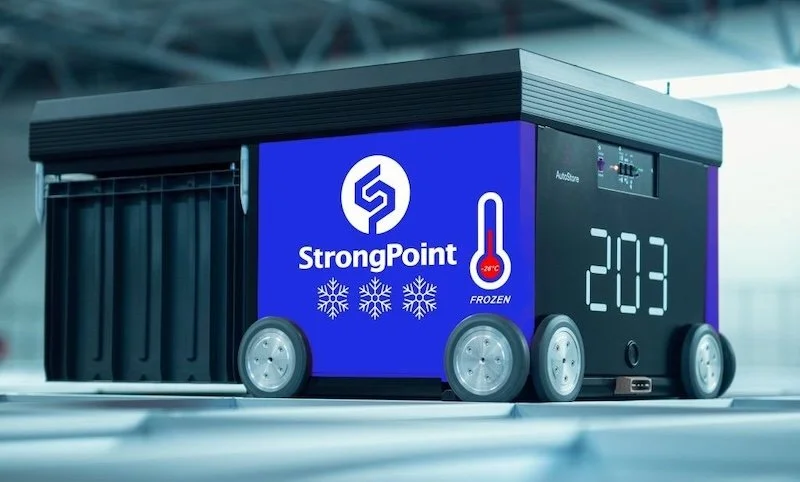

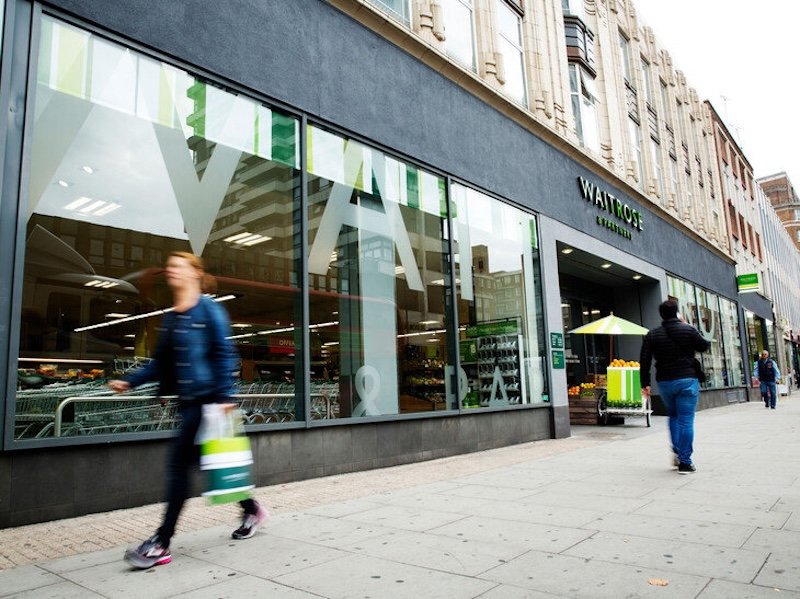


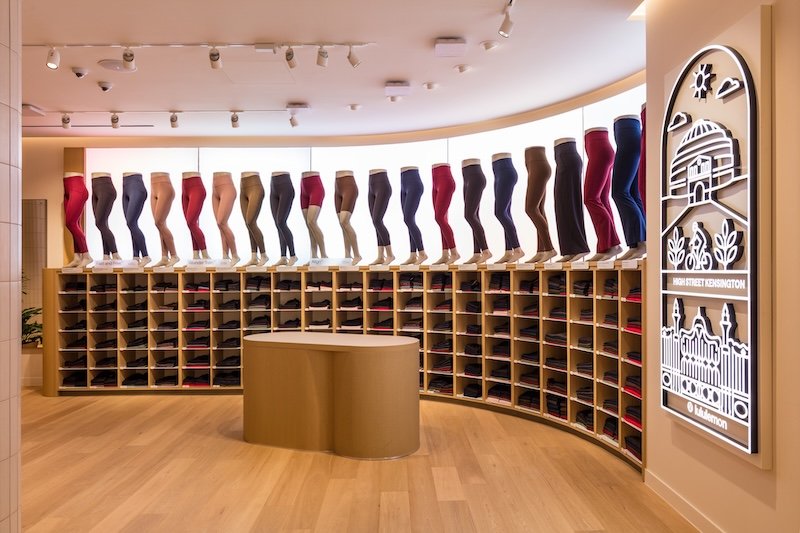



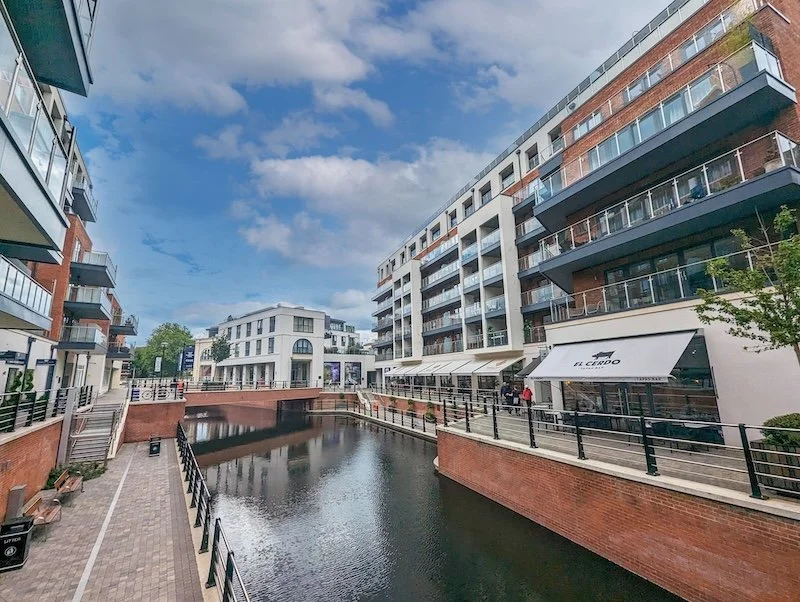
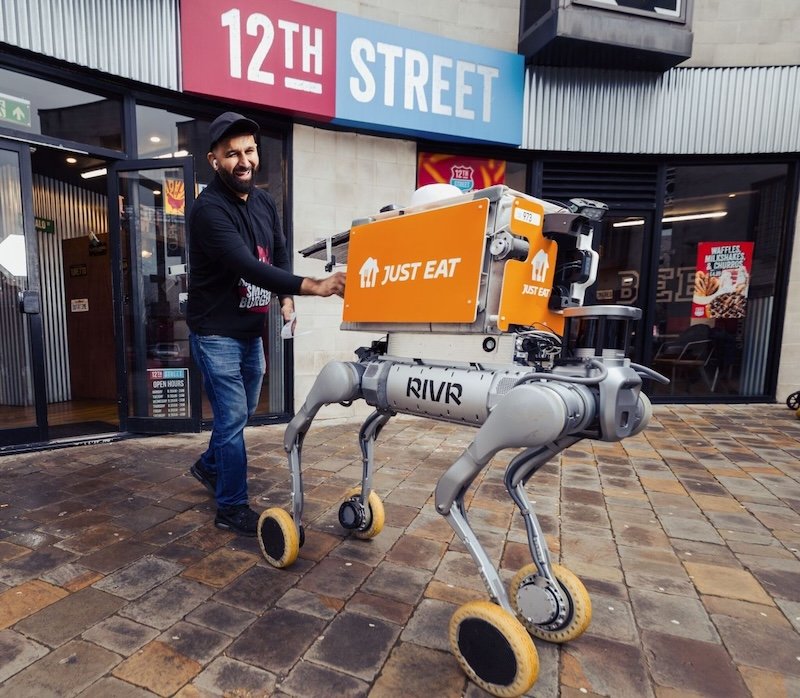













Continue reading…